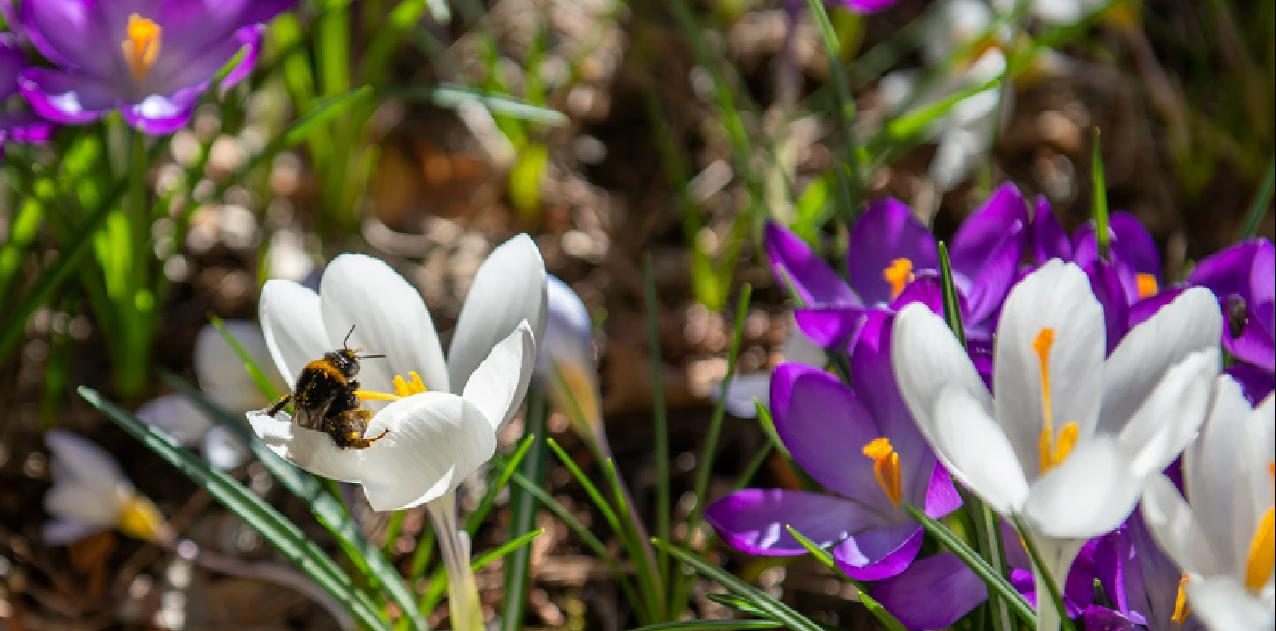Introduction
The plight of pollinators, particularly honeybees, has garnered significant attention in recent years. As we become increasingly aware of the vital role these tiny insects play in our food production, it’s essential to implement bee-friendly farming practices to ensure their survival. Bees are responsible for pollinating a vast array of crops, from fruits and vegetables to nuts and even some fibers. Without their tireless efforts, our global food supply would be in jeopardy.
In this comprehensive guide, we’ll explore the importance of bees in agriculture and offer practical advice on how you can become a bee-friendly farmer. By implementing these practices, you not only contribute to the well-being of these remarkable insects but also promote sustainable farming that benefits both your land and the broader ecosystem.
The Importance of Bees in Agriculture
Before delving into bee-friendly farming practices, it’s crucial to understand why bees are so vital to agriculture. Bees, especially honeybees, are efficient and effective pollinators. They transfer pollen from one flower to another, enabling the fertilization and production of fruits and seeds. This process is essential for the reproduction of many plants, making it an integral part of our food chain.
Here are some key reasons why bees are indispensable to agriculture:
Crop Diversity: Bees contribute to the diversity of crops by pollinating a wide range of plants. Without them, we would have fewer fruits, vegetables, and nuts available.
Increased Yields: The presence of bees in an agricultural ecosystem often leads to higher crop yields. Better pollination results in larger and more abundant harvests.
Nutrient-Rich Foods: Bees help produce nutrient-rich foods. Fruits and vegetables that have been adequately pollinated tend to be larger, juicier, and more flavorful.
Economic Value: Bees play a significant role in the global economy. They contribute billions of dollars to the agricultural industry each year.
Environmental Stewardship: Promoting bee populations goes hand in hand with sustainable farming. A healthy bee population indicates a thriving ecosystem.
Now that we understand the importance of bees in agriculture, let’s explore how you can adopt bee-friendly farming practices on your own land.
Bee-Friendly Farming Practices
Limit Pesticide Use: One of the most significant threats to bee populations is the use of pesticides. Chemicals like neonicotinoids are harmful to bees and other pollinators. Consider integrated pest management (IPM) strategies that focus on minimizing pesticide use and using alternative methods to control pests.
Plant Bee-Friendly Crops: Include a variety of bee-friendly plants in your farming operation. Flowers such as sunflowers, lavender, and clover attract bees and provide them with essential nectar and pollen sources. Integrate these flowers into your fields or create dedicated pollinator-friendly zones.
Provide Water Sources: Bees need access to clean water. Consider setting up small water stations near your crops to help bees stay hydrated. These can be as simple as shallow trays with rocks for bees to land on.
Avoid Mowing Wild Areas: If you have patches of wild vegetation on your property, resist the urge to mow them down completely. These areas can provide important forage and habitat for bees. Instead, mow them selectively and leave some wildflowers intact.
Be Mindful of Beehives: If you have beehives on your property or near your fields, communicate with local beekeepers. Discuss your farming practices and pesticide use to ensure that you don’t inadvertently harm their hives.
Educate Yourself and Others: Stay informed about bee health and farming practices that support pollinators. Share your knowledge with fellow farmers, and encourage the adoption of bee-friendly practices within your community.
Support Beekeeping: If you’re not a beekeeper yourself, consider supporting local beekeepers by purchasing honey and other bee-related products. This helps sustain beekeeping as an industry and promotes bee health.
Monitor and Record Bee Activity: Regularly observe bee activity on your farm. Document the types of bees you see and their behavior. This information can help you make informed decisions about your farming practices.
Conclusion
Bee-friendly farming practices are not only a responsible choice for the environment but also a sound investment in the future of agriculture. By implementing these practices, you contribute to the well-being of bees, which, in turn, enhances the productivity and sustainability of your farm. Bees are the unsung heroes of our food system, and it’s our collective responsibility to ensure they thrive for generations to come.
Incorporating bee-friendly measures into your farming operation may require some adjustments, but the benefits are well worth the effort. As you embark on this journey, remember that every small action counts. Whether you’re a large-scale commercial farmer or a small-scale homesteader, your commitment to bee-friendly farming practices can make a significant difference in preserving these essential pollinators.
Let’s work together to create a world where bees can continue to thrive, ensuring a bountiful and sustainable food supply for all.





